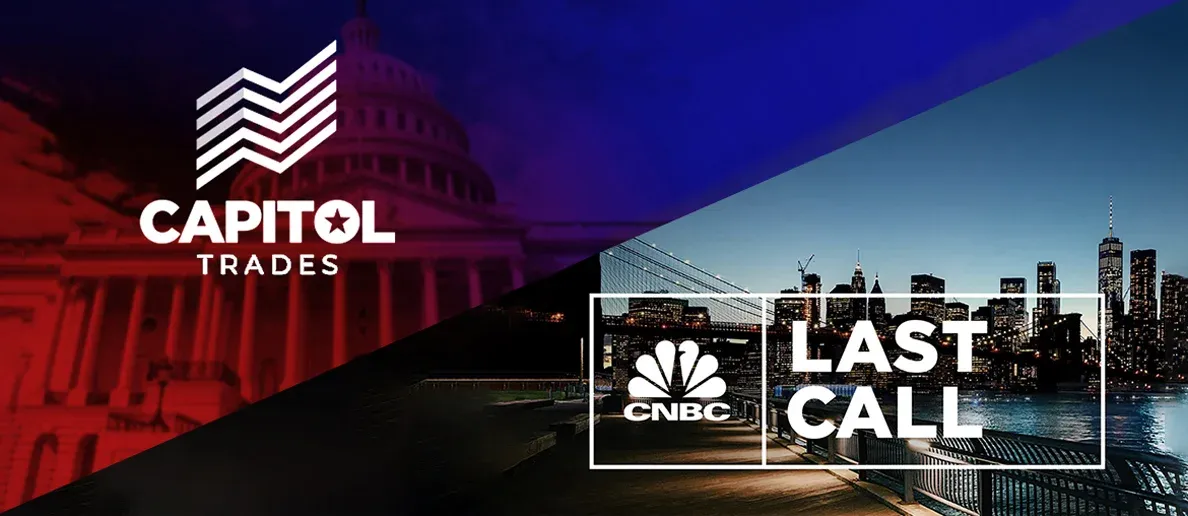CNBC Reveals Lawmakers’ Smart Banking Crisis Saves Using CT Data


The financial world has been experiencing an uneasy state of turbulence and pressure as numerous industry players have fallen. On May 6, the NYT correspondent Kate Kelly joined the CNBC show “Last Call” to discuss the recent collapse of the banking sector and its probable causes. She also discussed at length how there were several politicians who made interesting trades around the same time.
The list of the fallen ones is not limited to just regional banks but comprises names of giants like SVB Financial (SIVB/SIVBQ:US), Signature Bank (SBNY:US), and First Republic Bank (FRC:US).
During the whistling of the stormy winds blown by the fall of banks, a plethora of investors took a hard hit and lost their fortunes. The ones who had keen foresight transferred their funds to safe investments.
This phase was at its peak in March and just as people were starting to get acclimatized with the incident, the aftershocks took their toll. Two regional banks PacWest Bancorp (PACW:US) and Western Alliance (WAL:US) lost their stability on May 2. This impact was mainly due to the fall of FRC on May 1.
During this roller coaster of instability, two Congress members Rep. Daniel S. Goldman and Rep. Josh Gottheimer made some fascinating saves.
Democratic Congressman from NY, Dan Goldman sold between $1,000 - $15,000 in PacWest on March 6 when the stock price closed at $27.4. The stock currently trades nearly 79% lower than its price since the time of sale at $5.76 apiece. On the same day, he also laid off shares of WAL in the range of $1,000 - $15,000, at $75.39 per share; WAL's closing price that day. The stock is down nearly 64% since its sale.
Similarly, his colleague representing NJ, Josh Gottheimer sold his holdings in SVB between $1,000 - $15,000 at the closing share value of $106.04 on March 9, just a day before the financial institution crumbled to the ground. The lawmaker potentially avoided 99% of his losses from this trade.
The U.S. banking sector is undoubtedly witnessing its worst phase since the financial crisis of 2008. But the bail-out of Congressmen just days prior to the disaster does cause reason to raise eyebrows.
